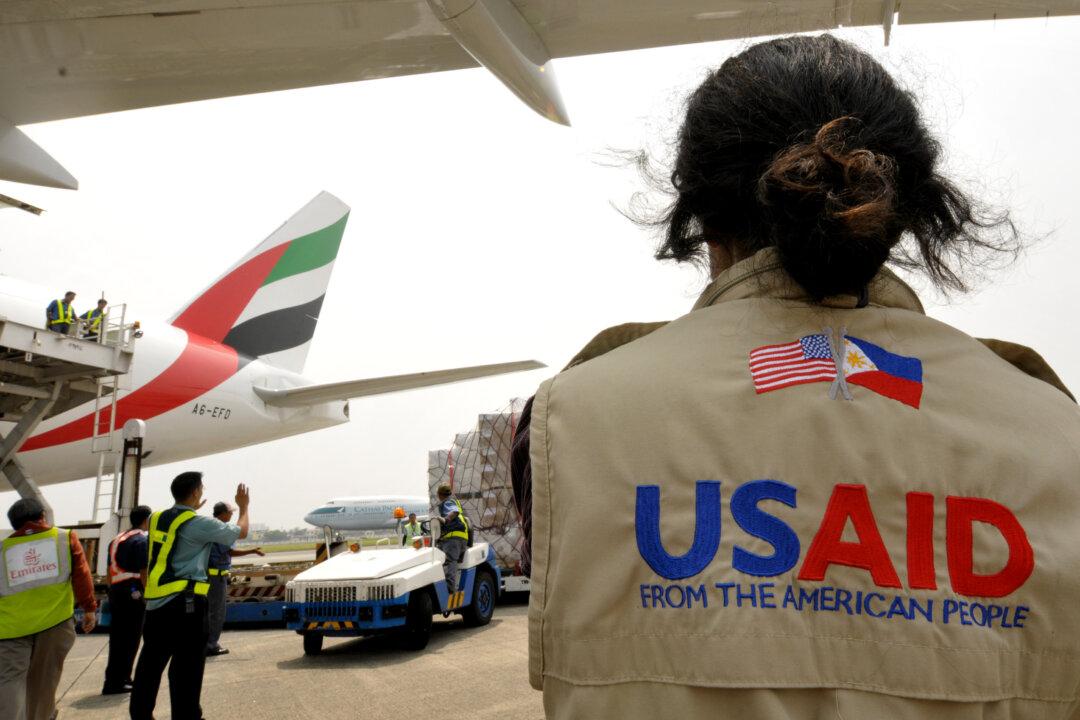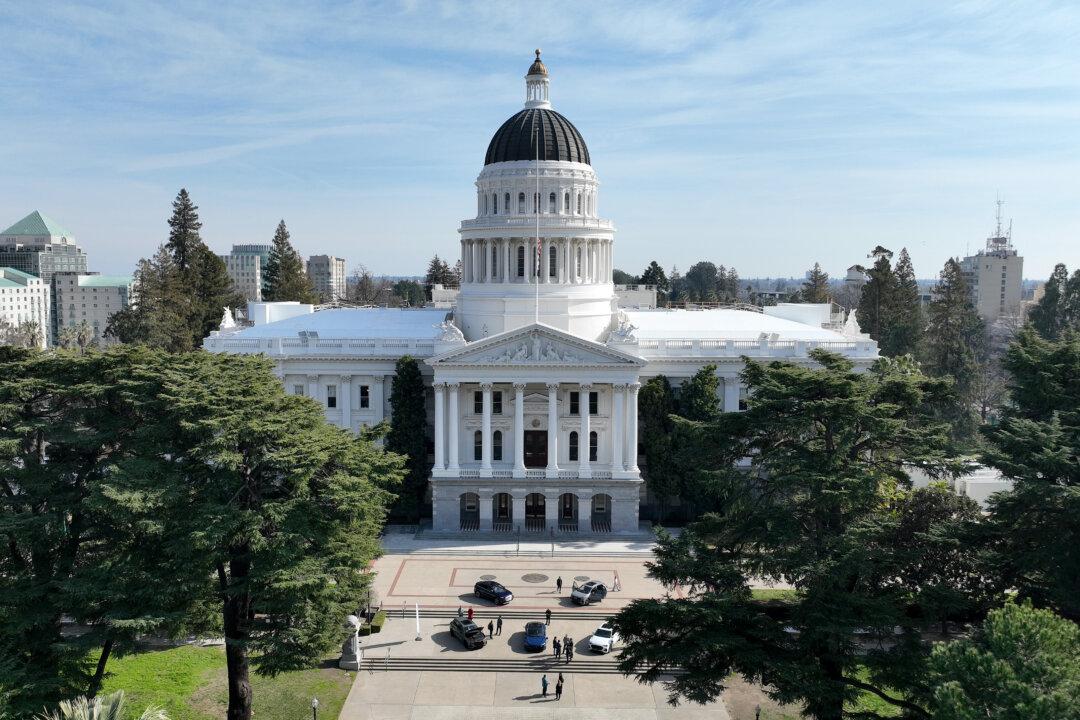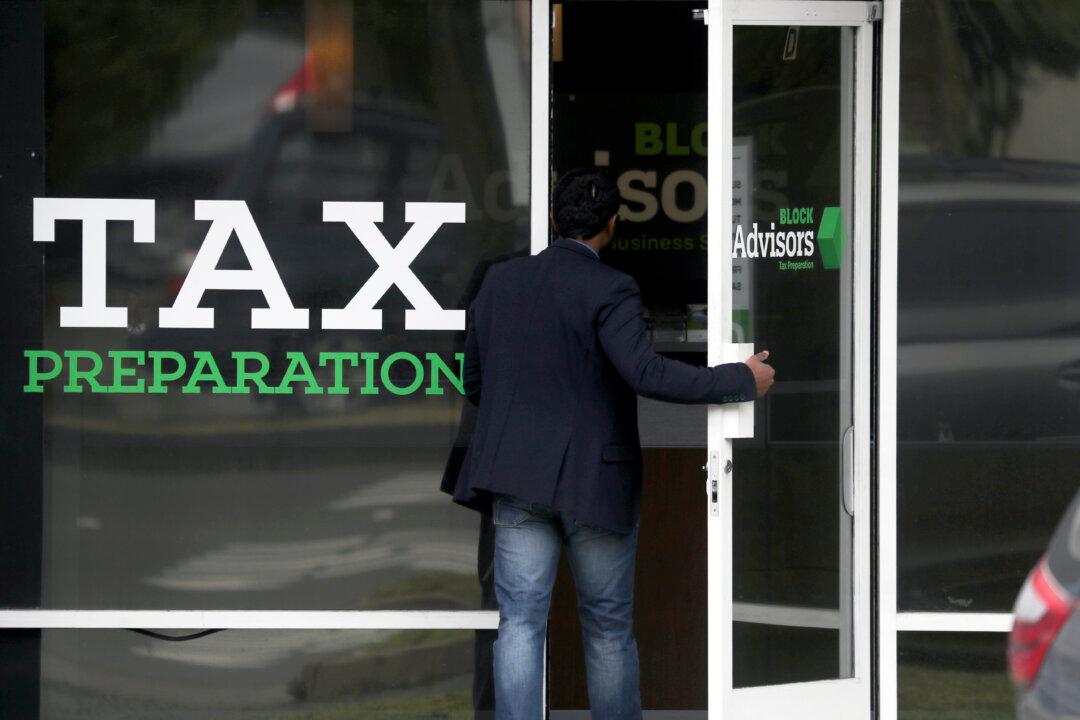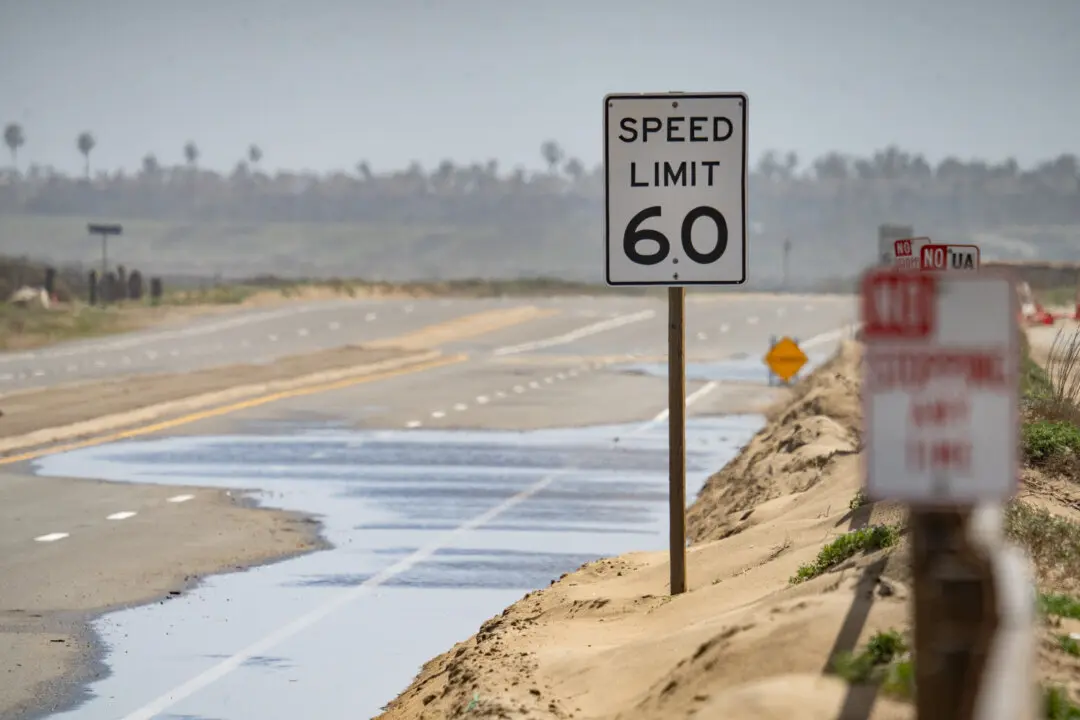Mark Moyar looked forward to joining the U.S. Agency for International Development (USAID) as President Donald Trump’s appointee and making government more honest and efficient, but he never dreamed that doing so would cost him his job and possibly even his career.
From February 2018 to August 2019, he worked as director of USAID’s Office of Civilian-Military Cooperation, during which he reported multiple individuals for several months of waste, fraud, and abuses.





